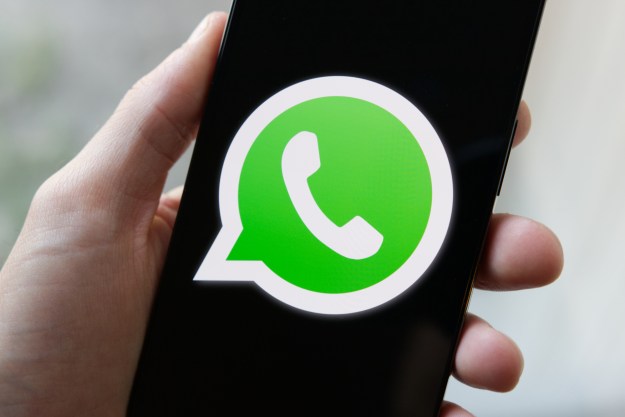
Telegram’s desktop version was banned in Indonesia during the latter half of July for this very reason, though the development team has worked with lawmakers to strike a compromise. Telegram has agreed to set up a local moderation team that will search chats for illicit activity, according to a report from The Jakarta Post. In addition, a direct communication line will be opened between the moderators and the Indonesian government, so authorities can act on threats more quickly.
Part of the reason Telegram has been singled out is ISIS’ apparent penchant for the app. It’s said to be “the most popular messaging application among jihadists linked to the Islamic State,” according to the Post, and a hub for the spread of violent propaganda. As a result, Indonesia labeled the service as a threat to national security, and even warned it may have to extend the ban to the mobile app as well.
In Jakarta, meeting with local teams brainstorming ways how to eradicate ISIS propaganda more efficiently.
— Pavel Durov (@durov) August 1, 2017
That led to the events of this week, when Telegram founder Pavel Durov met with Indonesian information minister Rudiantara to discuss the ban. Following the agreement, Rudiantara agreed to resume activity through the web app over the coming days.
“We have some Indonesian speaking members in the team now,” Durov told the Post, adding that the company will now be able to block users more efficiently than in the past, when the process took up to 36 hours.
Of course, this is not the first time Telegram has run into a snag with government officials on the basis of national security. The app was booted out of Iran years ago after local authorities requested access to what Durov called “spying and censorship” tools. More recently, Durov has said that the FBI pressured him and his team during a visit to the United States last year to build a backdoor into the app. Then, last December, competitor Signal was banned in Egypt.
Editors' Recommendations
- How to know if someone blocked you on WhatsApp
- The 10 best apps for your 2024 New Year’s resolutions
- Apple may have already killed Android’s newest iMessage app, Beeper Mini
- This app put iMessage on my Android phone — and it blew me away
- Sunbird — the sketchy iMessage for Android app — just shut down


